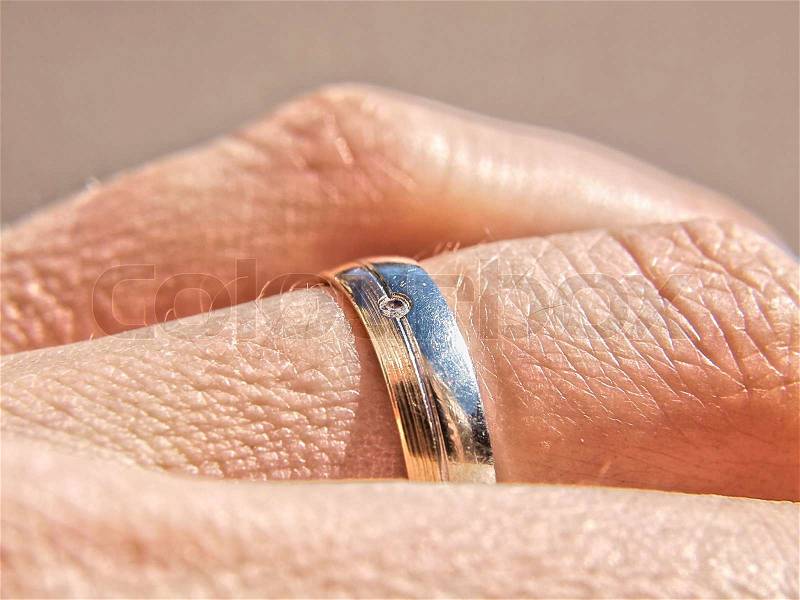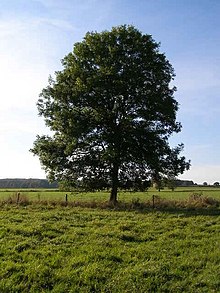I learned a thing by reading
this poem by
Mimi Khalvati. I've heard of the poetic form ghazal before, but I had never looked into it, to really see what the form was. By reading, I can tell that a ghazal repeats, but I couldn't ever deduce more than that, really.
So here it is:
a ghazal is more then 5 couplets in length. It does repeat and the first stanza is supposed to rhyme (in this poem, she cheats a little and uses a mono-rhyme for the first couplet). Each couplet should be able to stand by itself and the repeated phrase has to be preceded by the rhyme set up in the first stanza. The final couplet is supposed to contain a reference to the poet by name. This ghazal also does away with this requisite - it does cite the poet by name, but in the penultimate stanza. I think I've covered all needed parts now. So, it's a complex form, but one that doesn't use meter. But wow, you've got to be good at syntax and rhyme!
As for the poem today, the repeated line is 'in silence' which lends a sad quality to the poem. Which makes some sense as the poem is about a family member who has died.
I love the closing couplet in this poem: "Three syllables of equal weight, equal stress, / dropped in a well, keep falling short in silence." It could be a poem by itself. The sadness/grief is palpable.
Favorite line: "At last my Beloved has haggled with death. / 'One more day' was the pearl she bought in silence."
At last my Beloved has haggled with death.
'One more day' was the pearl she bought in silence. - See more at:
http://www.poets.org/viewmedia.php/prmMID/23393#sthash.WykmKGG6.dpuf
Three syllables of equal weight, equal stress,
dropped in a well, keep falling short in silence. - See more at:
http://www.poets.org/viewmedia.php/prmMID/23393#sthash.WykmKGG6.dpuf
Three syllables of equal weight, equal stress,
dropped in a well, keep falling short in silence. - See more at:
http://www.poets.org/viewmedia.php/prmMID/23393#sthash.WykmKGG6.dpuf
Three syllables of equal weight, equal stress,
dropped in a well, keep falling short in silence. - See more at:
http://www.poets.org/viewmedia.php/prmMID/23393#sthash.WykmKGG6.dpuf




















